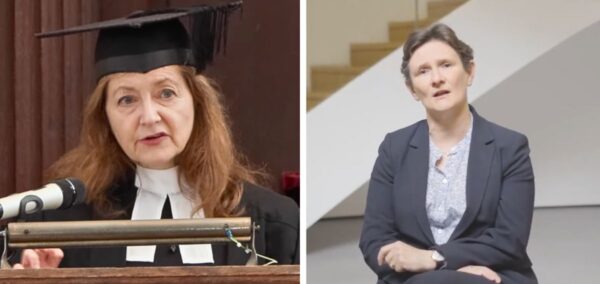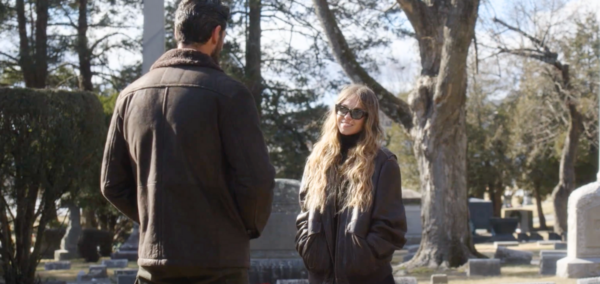
Rewriting the cycle: Edinburgh’s rising movement for menstrual justice
Young voices in Edinburgh and beyond are breaking taboos and driving change
Last week, I was fortunate enough to join the fantastic Femsoc and Sanitree to view a screening of the 2019 Academy Award-winning documentary short “Period. End of Sentence”, directed by Rayka Zehtabchi.
I was privileged to have the opportunity to watch how these women defy the norms by creating their community and earning their wages. This made me keen to learn more about Edinburgh’s student involvement in the menstrual movement.
Sanitree
First of all, if you are unfamiliar with Sanitree, this organisation prioritising sustainable and affordable pad production, is a force to be reckoned with.
Our city has a student team that specialises in tackling period poverty alongside saving the planet. I found out that one sanitary pad uses four plastic bags, which puts into perspective how important it is to encourage sustainable menstrual products.
The student team in Edinburgh works with the Jaipur team to produce reusable pads made from recycled saris and umbrella fabric and distribute them at an affordable price. Women on the Jaipur team have formed a real community outside of their work and take part in activities such as self-defence and learning English. This is an organisation from which we all need to take notes and support.

Sanitree’s work
What is ‘Period. End of Sentence’ about?
This compelling documentary follows life in a rural village outside Delhi, India, which broke the stigma against menstruation and formed an alliance with the Pad Project to create and distribute their affordable period pads. It was eye-opening to the stigma surrounding a woman’s cycle in the village. You can catch this documentary on Netflix and YouTube.
Most Read
After the documentary, we had the opportunity to catch up with one of the producers, Melissa Berton and ask her some questions. As a teacher in California, Melissa felt compelled to help women worldwide battle period poverty and make menstruation an empowering event for women rather than taboo.
She told us how the women shot in the documentary have gone on to advocate around India and work with politicians to further the process of abolishing period poverty and how a real community has stemmed from the movement.
Women confined in their roles now have something of their own and can make their own money, empowering women everywhere. Despite the documentary focusing on this issue in India, when we spoke with Melissa, she agreed that this stigma is also present around the rest of the world. What I found most eye-opening was that stigma was also present on our campus.
Scotland’s period provisions: What does this mean?
Scotland is blessed with the free sanitary products scheme and is the first country in the world to implement it. However, how much difference has it made? Despite these new provisions in Scotland, it is apparent that there are still obstacles to the menstruation movement at the University of Edinburgh.
I caught up with Femsoc, which has been championing more to be done across the university regarding distributing free sanitary products. It is notable that many restrooms are still without products, which will not improve.
Due to budget cuts, the university will now only stock the free sanitary products in the ground-floor restrooms of the main university buildings. So, to answer the question, this means there are still limitations on Scotland’s period provisions, which will continue for some time. As a woman and student at the university, I feel like the bare minimum isn’t enough anymore, especially in an age of breaking stigmas and progression. This does not seem like enough effort. As per usual, women’s health is relegated to a lesser priority within these budget cuts, and it looks as if things won’t be changing.
It is not just me that shares these concerns; alongside Femsoc and Sanitree students are also speaking out when asked about the current provisions at the university. I asked around on campus and one student said: “I am extremely disappointed about the budget cuts and the effect of these on the distribution of sanitary products underway at the university. Period products are not a luxury, they are a necessity. It is sad that women’s health is again not a priority despite the new laws in Scotland”. There are many ways we can promote change, but first and foremost, I believe it is necessary to promote change on campus.

Period products available at Potterow
























